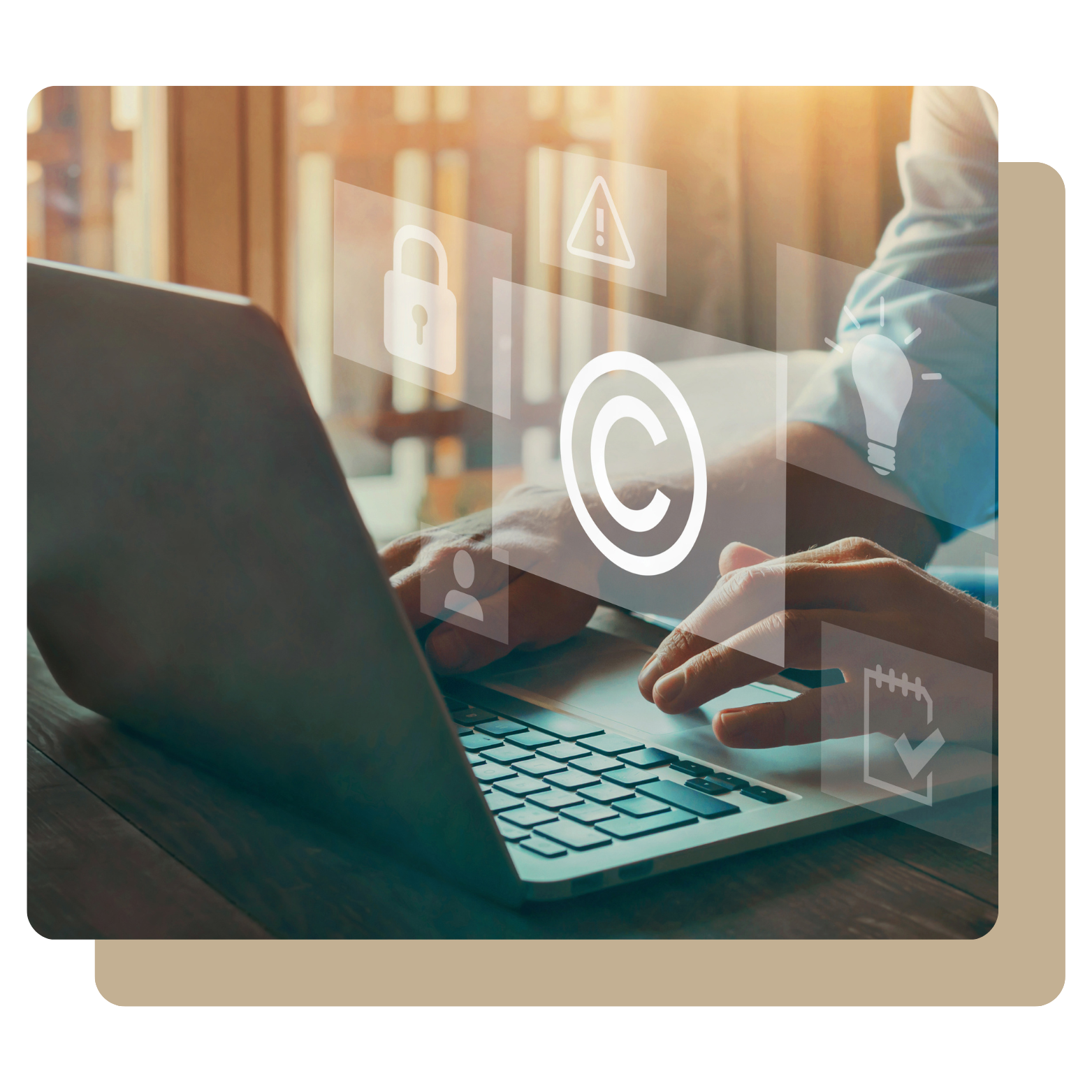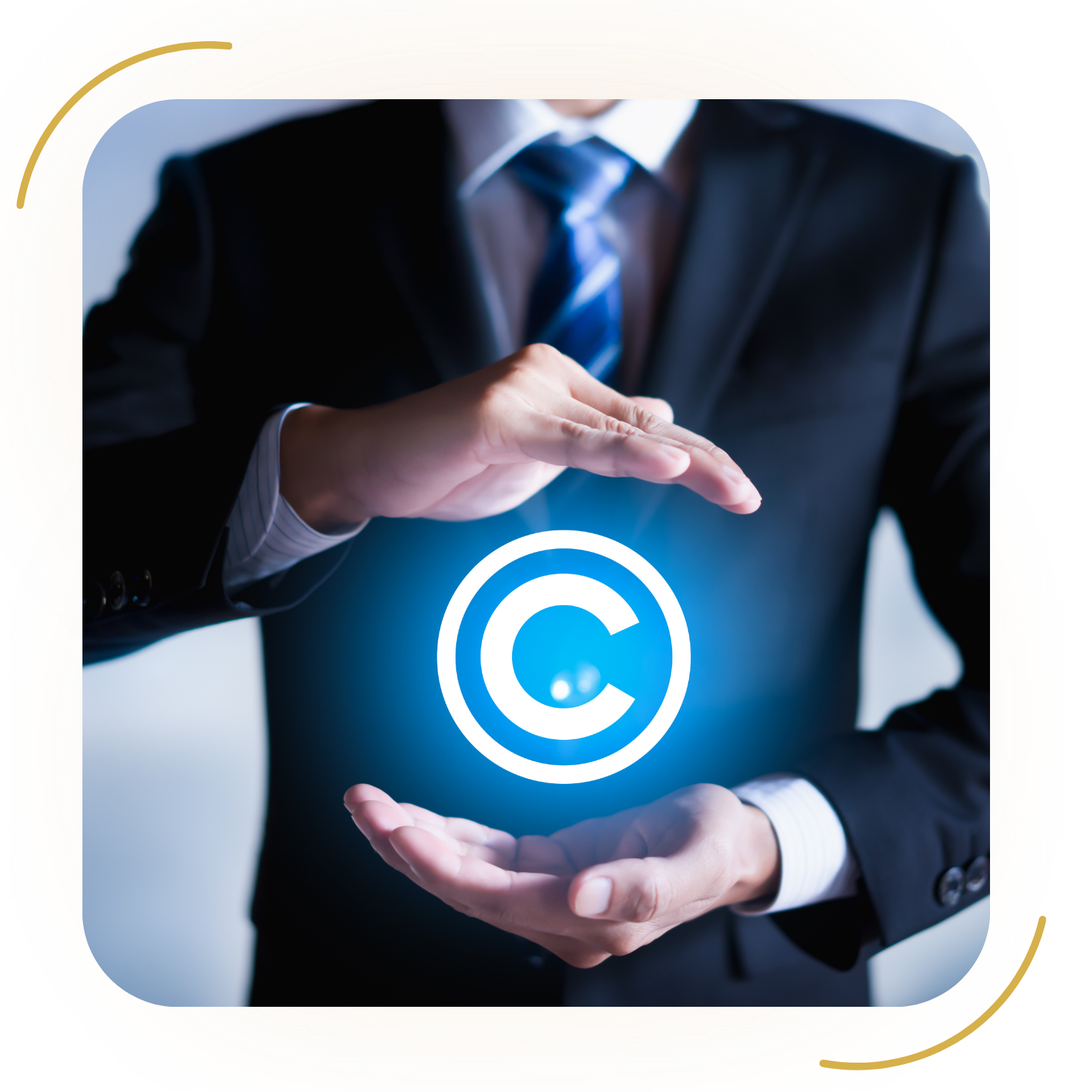Trademark Protection
Register and protect your brand from counterfeits and copycats as well as generate wealth by assignment, licensing, franchising, obtaining government grants and even bank loans.



Trademark Registration Malaysia
Looking to protect your brand in Malaysia? GVCO Intellectual Property offers comprehensive trademark registration services in Malaysia to safeguard your business identity. Our team of experienced professionals ensures a smooth and efficient process, from trademark search and filing to approval.
Why Trademark Registration
Matters in Malaysia
Registering a trademark in Malaysia gives your brand exclusive rights, preventing
others from using a similar mark that may cause confusion. It also adds value to your
business and helps build consumer trust.
Our Trademark Registration Services in Malaysia Include

Why Choose GVCO Intellectual Property
Why Choose GVCO Intellectual Property







